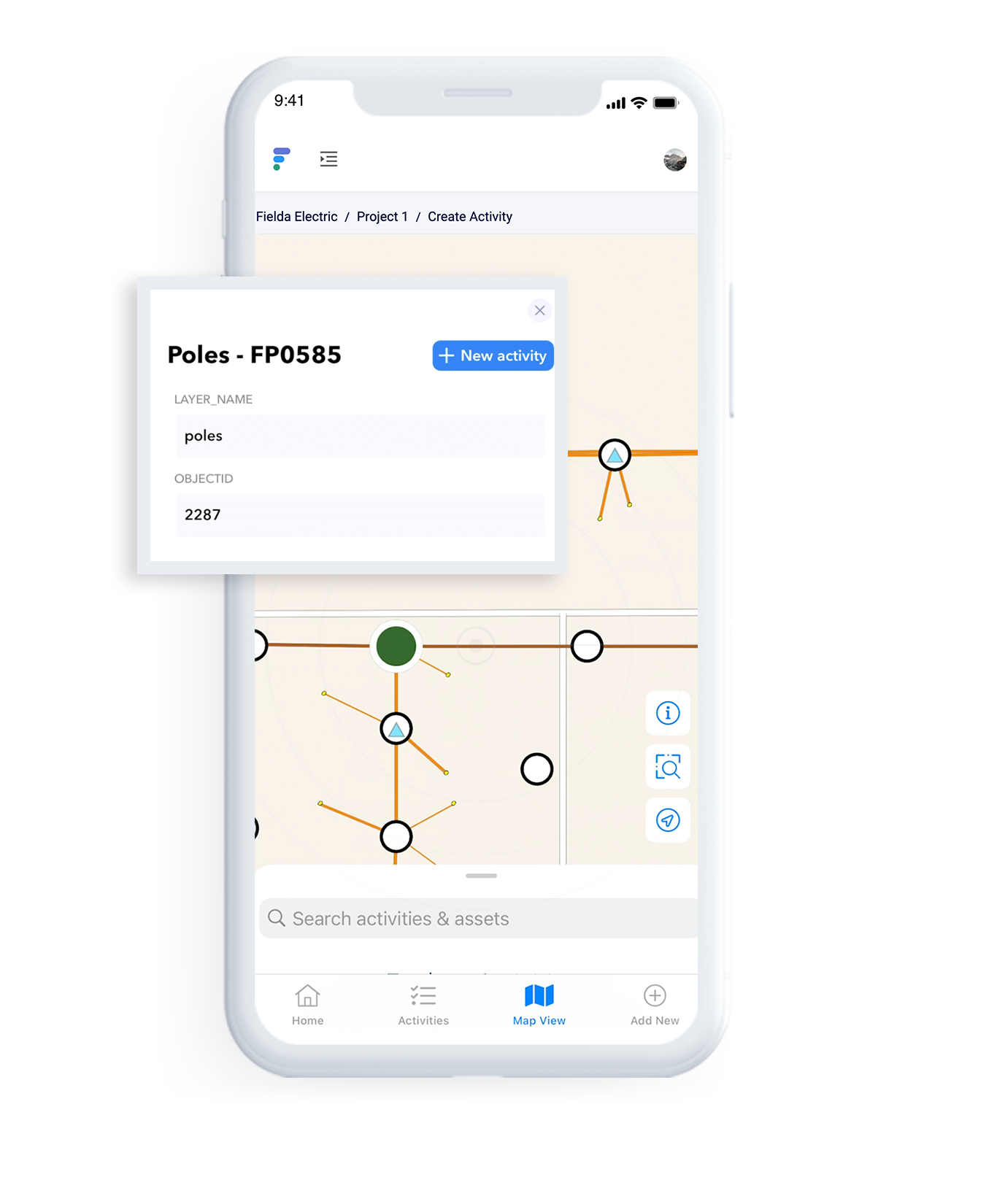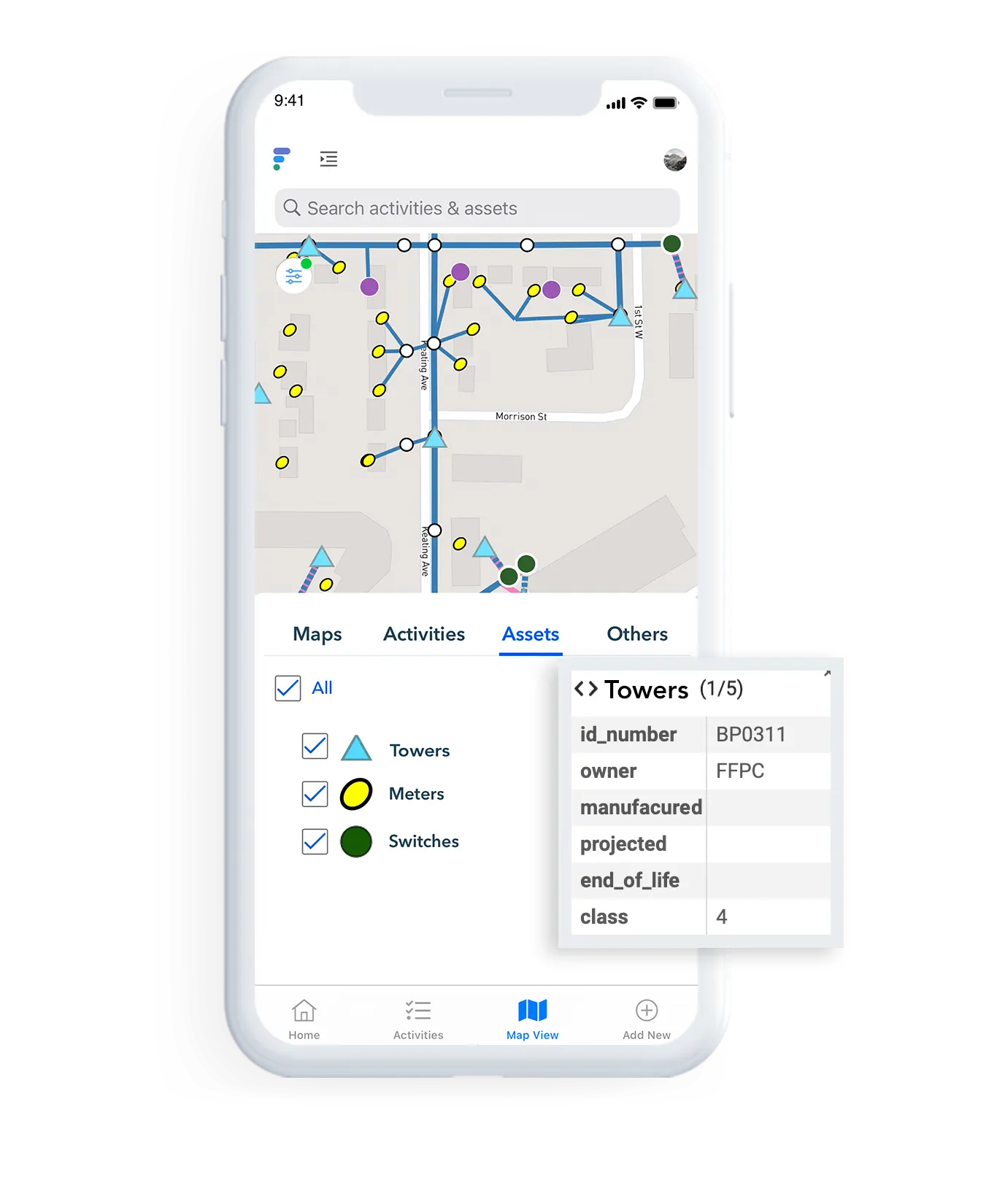Oil well operations rely on drilling plans, robust drilling equipment, and accurate data tracking for record keeping and operational review. Drilling logs help maintain essential information about the drilling process and act as a reference document for day-to-day decisions. Here we will cover a few points about well logging.
- What are some of the essential items included in well logging?
- What makes these logs vital to oil well operations?
- How does Fielda help well operators maintain well logging more effectively?
Key items included in well logging: Well logging (Drilling logs) typically record data regarding the drilling site, its geological specifics, rock formation or lithology details, and structural particulars. Inspectors record information about the drilling tools used, including the type of drilling equipment, the size of the drill hole, specifications of the drill bit being used, the location of the drill pipe, etc. While oil and gas companies use the drilling log for sites on the rig floor, mining, energy, and water supply companies also record similar data in drilling logs for their excavation and drilling projects. These forms allow technicians also to capture notes and status remarks based on how the drilling operations progress.
Why drilling logs are so crucial to well operations: Drilling logs help oil companies maintain a record of the entire drilling process. This is required from an operational and regulatory compliance perspective. In addition, third parties may audit drilling records, and these documents also help project planning teams track and review data daily for better operational decisions based on the historical data captured. Finally, drilling logs also allow multiple teams have a common reference point for improved planning and execution.
How Fielda helps inspectors use well logging with ease and efficiency: Traditional drilling logs maintained on paper forms have limitations in terms of accuracy, ease of use, and data management. Inaccurate data entry, damage to physical forms, and missing data records can pose numerous operational problems and impact decision-making. Fielda eliminates these risks and enables complete control of data hygiene through custom digital checklists. Data collection is simpler with few clicks, and information becomes instantly available for review and reporting. Inspectors can also seamlessly add photos, drawings, videos, and supporting documents into the log from their mobile phones, making the process faster and more convenient.
Pre-empt: Proactively track drilling progress and make agile decisions in real-time
Optimize: Increase project efficiency through faster data collection and tracking
Consolidate: Gain a significant cost advantage in data handling and processing through a digital-first approach.
About Fielda: Fielda helps companies manage and maintain their assets and gain real-time oversight of all tasks, workflows, and projects to improve operational efficiency, enhance team productivity and impact the bottom line. Whether it’s installations, inspections, repairs, replacement of parts, servicing and maintenance, or routine audits, with Fielda’s mobile data collection, GIS-enabled technology, automated and custom workflows, and analytics, you can eliminate errors, enhance response time, ease workflow bottlenecks, and simplify your field operations.

